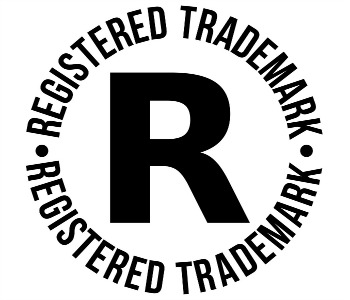 Important changes in the regulations governing European Union Community Trademarks (formerly CTMs, now called EUTMs) may affect the scope of your trademark protection for CTM applications filed before June 22, 2012.
Important changes in the regulations governing European Union Community Trademarks (formerly CTMs, now called EUTMs) may affect the scope of your trademark protection for CTM applications filed before June 22, 2012.
Previously, when filing a CTM application, you could simply use the short list of goods and services in a “class heading” and still receive protection for all of the goods and services listed in that class. When the changes go into effect, if you used the class heading to identify your goods and services in the class, then your scope of protection will be limited to only those goods and services explicitly listed in the heading.
For example, the class heading for class 25 is “clothing, footwear, headgear.” One of the 250 specifically enumerated goods in class 25 is “insoles, non-slipping devices for footwear.” Under the previous regulations, use of the heading was sufficient to provide protection for all goods in that class, including “insoles, non-slipping devices for footwear.” Under the new regulations, however, the holder of the registration will not receive protection for “insoles, non-slipping devices for footwear,” but only for “clothing, footwear, headgear.” If you make insoles, your registration will no longer cover them.
There is a limited window of time to for us to fix any gaps in your CTM registrations created by these new regulations. You can file a declaration by September 23, 2016, clarifying which goods/services not encompassed by the class heading should be included in the registration. After that date, the opportunity to fill the gaps is lost and protection will extend only to the goods/services listed in the class heading. There are a large number of trademark registrations potentially affected by this issue. If you would like us to undertake the analysis about your CTM trademarks, please contact a member of the Advertising, Marketing & Trademark Group.


